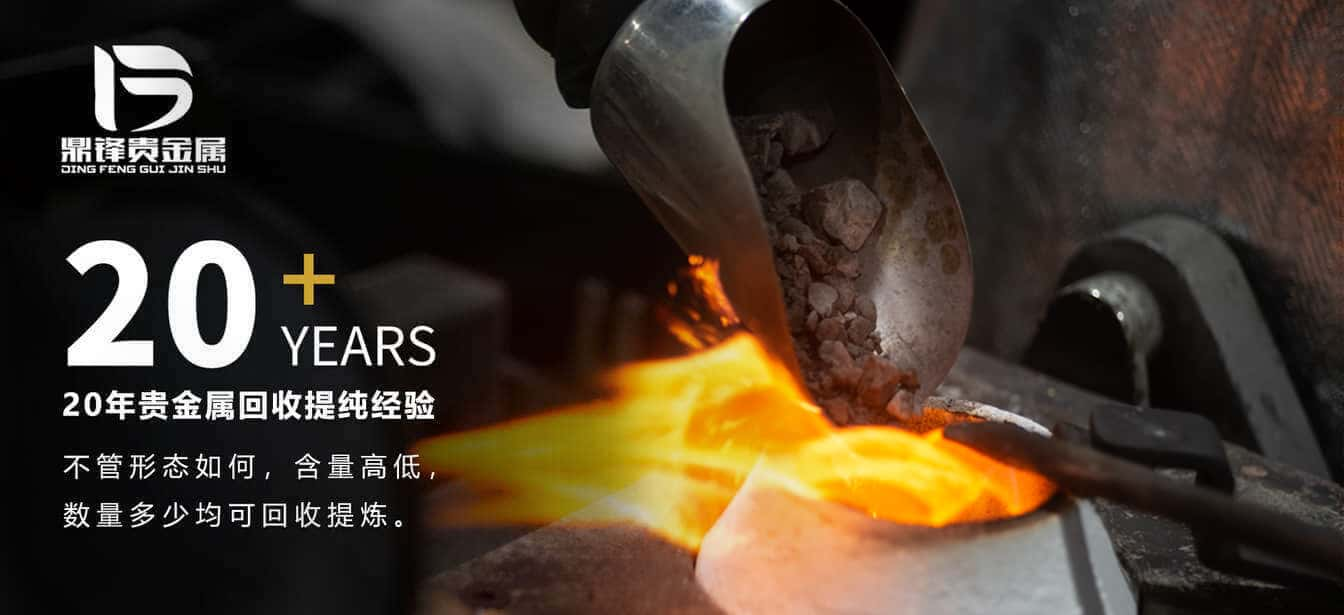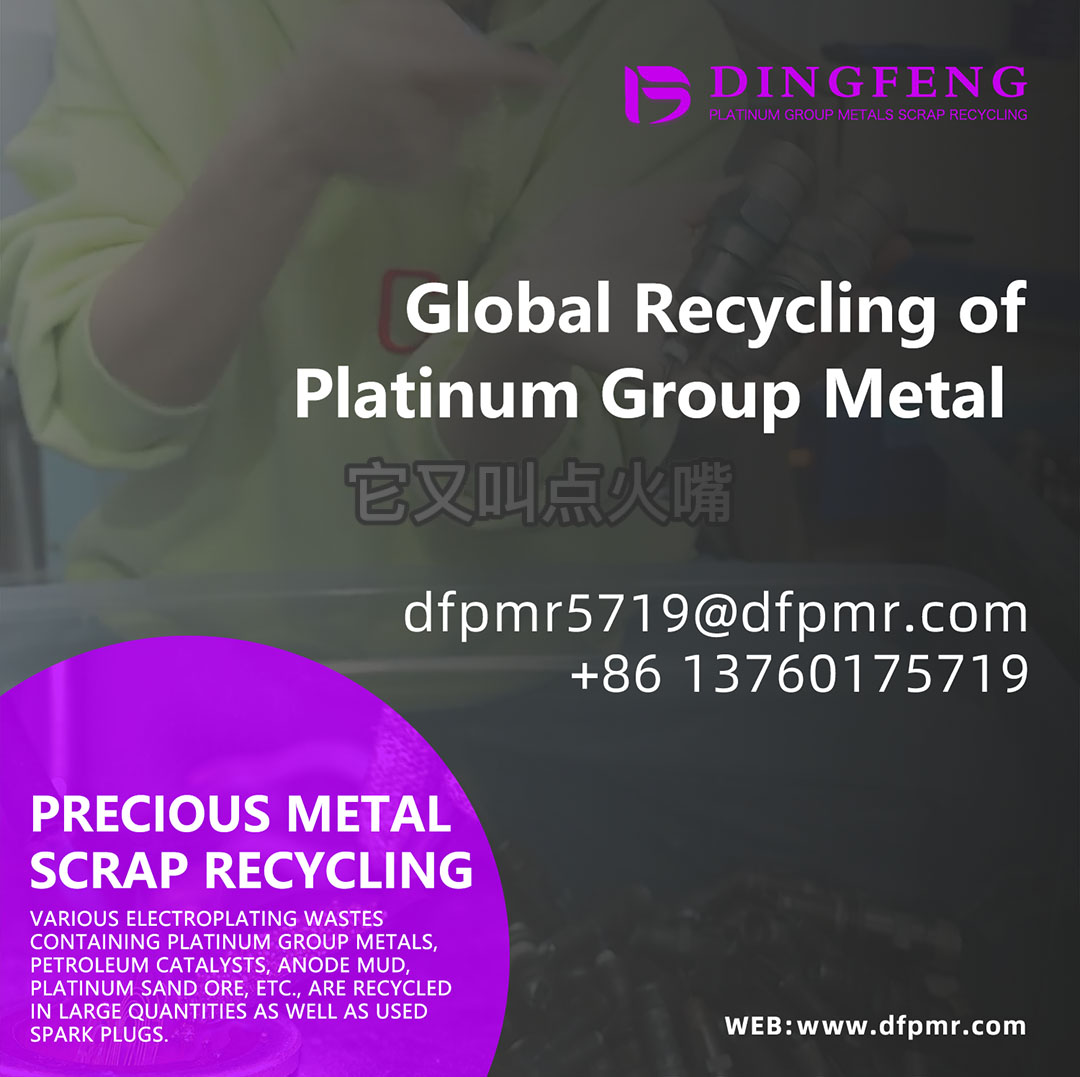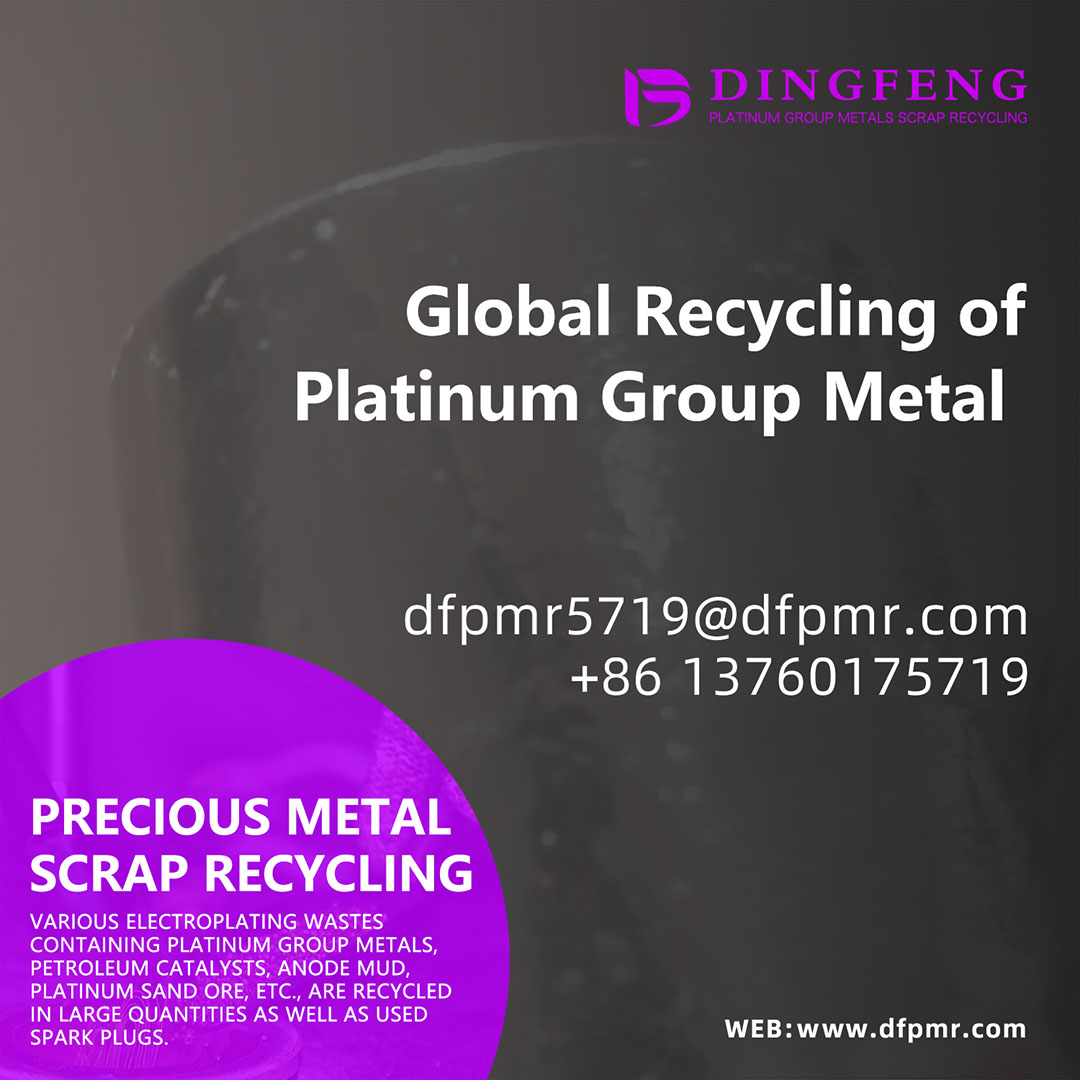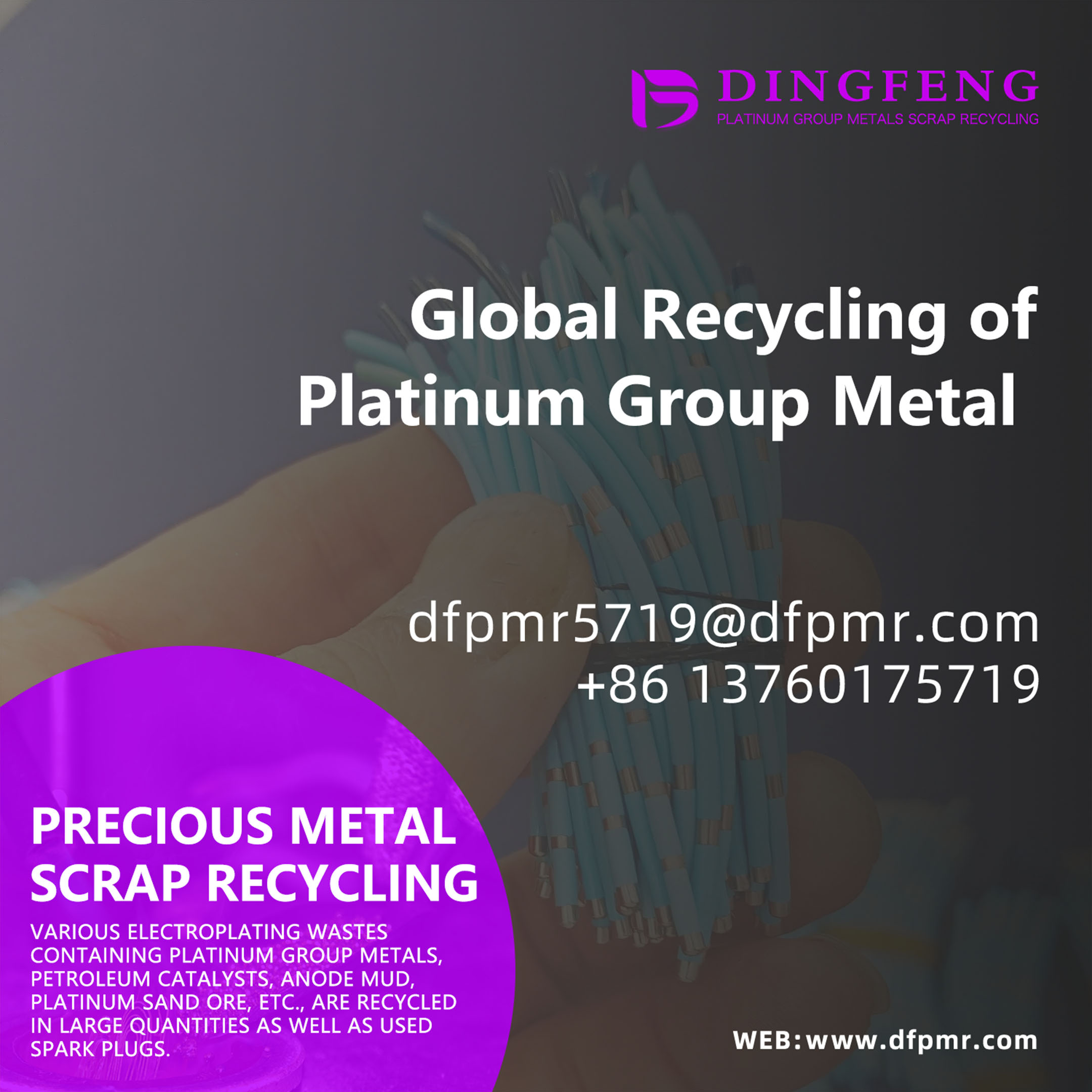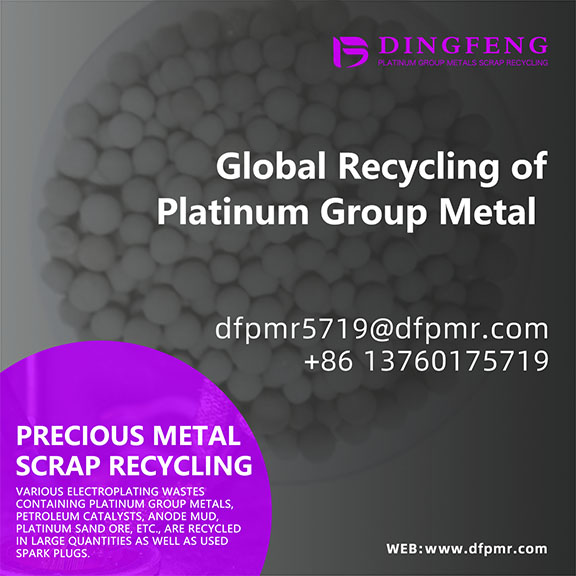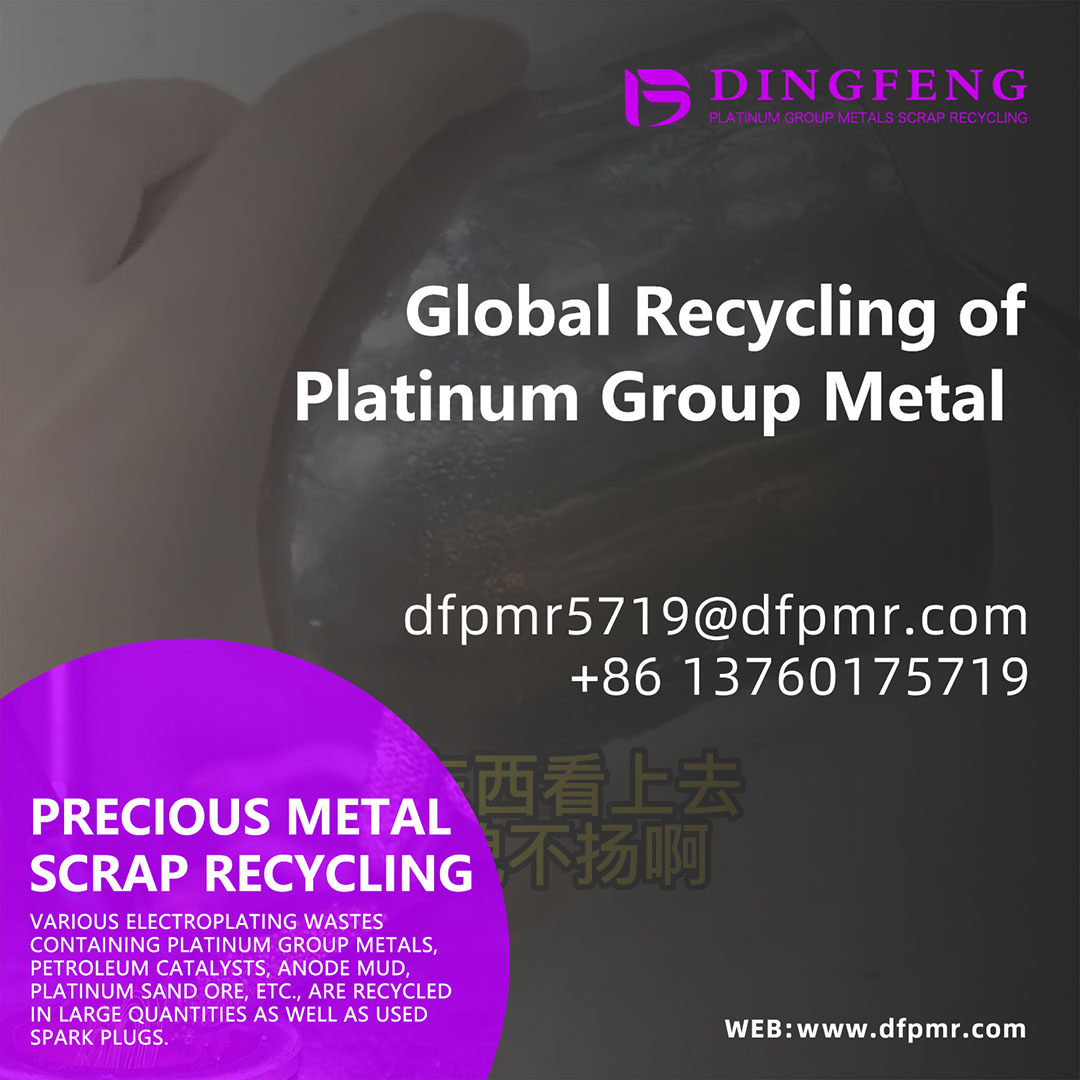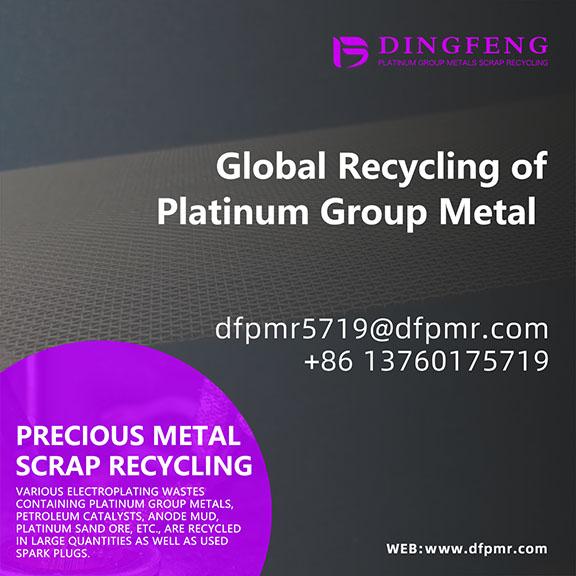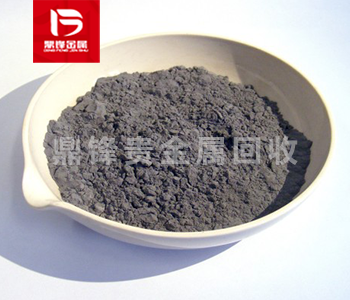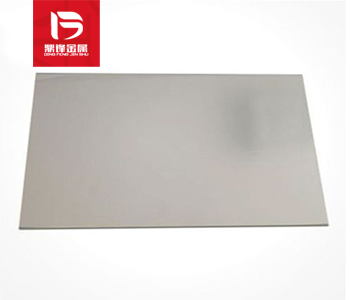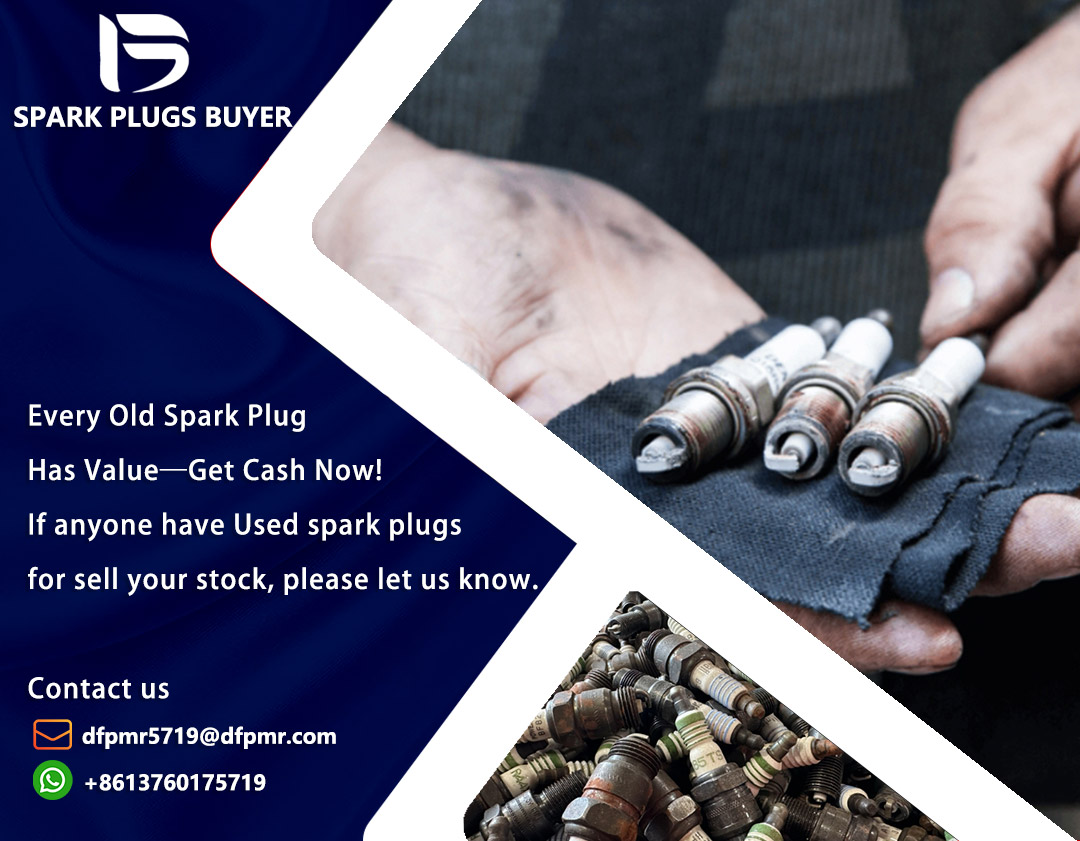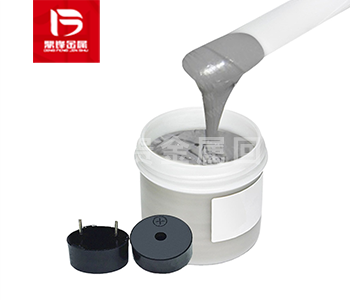The Secret of Gold(III) chloride Recovery: A Comprehensive Guide to Gold(III) chloride Recovery
The recovery of Gold(III) chloride is a complex process, involving the extraction of gold from waste such as electronic components or industrial by-products by converting gold into soluble form. Gold(
The recovery of Gold(III) chloride is a complex process, involving the extraction of gold from waste such as electronic components or industrial by-products by converting gold into soluble form. Gold(III) chloride, or gold chloride, is a compound with the chemical formula AuCl3, which plays a vital role in the process of recovering gold from various sources. This paper will deeply study the world of Gold(III) chloride recovery, explore its importance, methods and potential applications in today's industry.
Significance of Gold(III) chloride recovery
Recycling gold from waste materials is crucial for several reasons: environmental impact: Electronic waste and industrial by-products are important pollution sources, usually containing harmful substances. Gold(III) chloride recycling helps minimize the impact of these wastes on the environment by extracting valuable components such as reusable or recyclable gold. Resource conservation: Gold is a limited and precious resource. Recovering gold through the Gold(III) chloride recovery process helps to protect this precious metal, reduce the demand for mining, and reduce the demand for the Earth's limited resources. Economic benefits: Recycling gold may be a profitable effort as the recovered gold can be sold or reused in various applications. This process also helps to reduce costs related to waste treatment and environmental remediation.
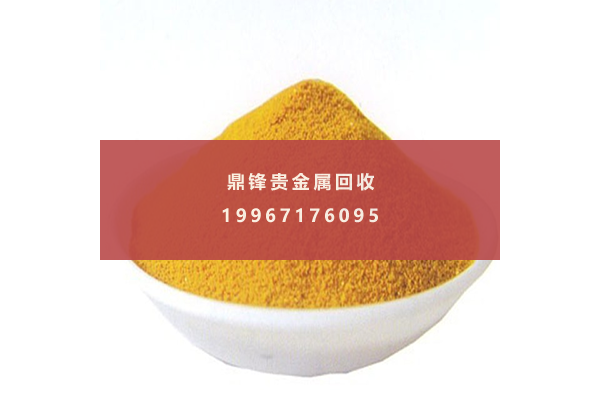
Recovery method of Gold(III) chloride
There are several methods for the recovery of Gold(III) chloride, each of which has its own advantages and disadvantages. Some of the most common technologies include: 1. aqua regia leaching: aqua regia is a mixture of hydrochloric acid and nitric acid, a powerful solvent that can dissolve gold and form Gold(III) chloride. The Gold(III) chloride solution obtained by treating the gold containing material with aqua regia and separating it from the waste. This method can effectively recover gold from materials with high gold content such as electronic components. 2. Cyanide leaching: Cyanide leaching is another widely used method to recover Gold(III) chloride. The gold containing material is treated with a dilute cyanide solution, which reacts with gold to form a soluble gold cyanide complex. Then the solution is treated with hydrochloric acid, and these complexes can be converted into Gold(III) chloride. Although cyanide leaching is effective, it poses environmental and safety issues due to the toxicity of cyanide. 3. Thiourea leaching: Thiourea is a cyanide substitute with low toxicity and can also be used to recover Gold(III) chloride. In this process, the gold containing material is treated with a thiourea solution to form a soluble gold thiourea complex. These complexes can be converted to Gold(III) chloride by treating the solution with hydrochloric acid. Thiourea leaching is particularly effective for recovering gold from low-grade materials and waste. 4. Electrochemical method: electrochemical technologies such as electrowinning and electrorefining can also be used for the recovery of Gold(III) chloride. In these processes, current flows through the gold containing material, causing gold ions to migrate to the cathode, where they can be recovered as metal deposits. Gold(III) chloride can be obtained by treating metal gold with hydrochloric acid.
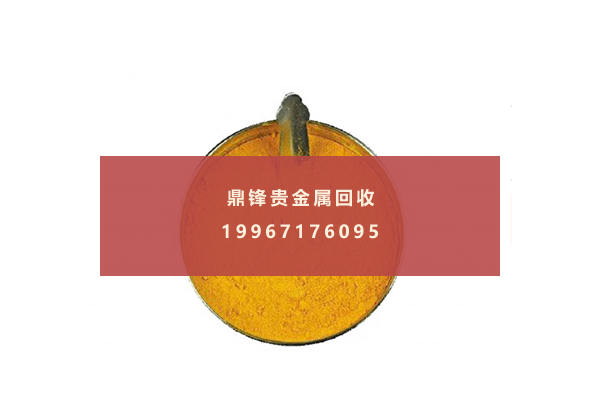
Potential application of Gold(III) chloride recovery
The recovered Gold(III) chloride has many applications in different industries, some of which include: 1. Electronic products: gold is an excellent conductor with high corrosion resistance, and is an ideal choice for electronic products. The recovered Gold(III) chloride can be reduced to metal gold for manufacturing connectors, switches and other electronic components. 2. Jewelry: The gold recovered through the Gold(III) chloride recovery process can be refined and used for jewelry production, providing a more sustainable and environmentally friendly alternative to traditional gold mining. 3. Catalysis: Gold(III) chloride is a widely used catalyst for many chemical reactions, including oxidation, reduction and Coupling reaction. The recovered Gold(III) chloride can be used in various industrial processes, helping to develop more efficient and environmentally friendly production methods. 4. Drugs: Gold(III) chloride has been proved to have unique antibacterial properties, making it an attractive candidate for medical applications. For example, Gold(III) chloride can be added to wound dressings or coatings of medical devices to reduce the risk of infection. 5. Nanotechnology: Gold(III) chloride is used as the precursor for the synthesis of gold nanoparticles, and has a wide range of applications in the fields of electronics, drug delivery and diagnostics. By using recycled Gold(III) chloride, researchers can develop more sustainable methods to produce gold nanoparticles.
The recovery of Gold(III) chloride is an important link to save valuable resources and reduce environmental pollution. Through aqua regia leaching, cyanidation leaching, thiourea leaching and electrochemical method, gold can be recovered from waste and converted into Gold(III) chloride. Then, the recovered Gold(III) chloride can be used for a variety of applications in various industries, including electronics, jewelry, catalysis, medicine and nanotechnology. With the continuous increase of gold demand, Gold(III) chloride recovery will undoubtedly play an increasingly important role in ensuring the sustainable use of this precious metal.
&Quot; Dingfeng Precious Metals Recycling includes precious metals such as gold, silver, palladium, rhodium, platinum, germanium, iridium, ruthenium, etc. This is our business in precious metal recycling. If you have precious metals such as gold, silver, palladium, rhodium, platinum, germanium, iridium, ruthenium that need to be recycled, please contact us and we will provide you with a satisfactory price& Quot;
